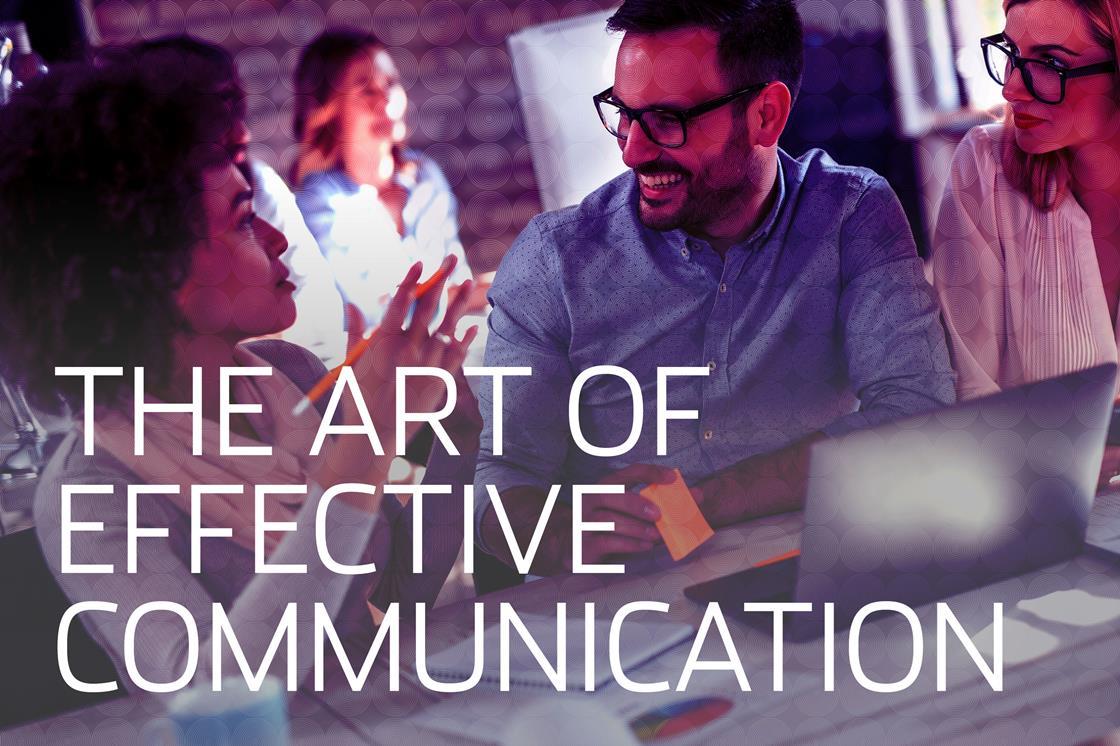Effective communication is a fundamental skill that plays a pivotal role in both personal and professional growth. It is the key to building strong relationships, resolving conflicts, and achieving success in all aspects of life. By mastering the art of effective communication, individuals can empower themselves to excel in their personal and professional endeavors.
The Importance of Effective Communication in Personal and Professional Growth
Effective communication is essential for personal growth as it allows individuals to express their thoughts, emotions, and desires clearly. It enables them to build meaningful connections, foster healthy relationships, and enhance their overall well-being. Whether it is communicating with family members, friends, or partners, effective communication establishes trust, understanding, and mutual support.
In the professional sphere, effective communication is equally crucial. It facilitates collaboration, teamwork, and productivity in the workplace. Strong communication skills enable individuals to convey their ideas, deliver information, and influence others effectively. Whether it is presenting a proposal, negotiating with clients, or leading a team, effective communication helps professionals to establish themselves as competent and credible individuals.
Strategies to Empower Your Communication Skills for Success
To empower your communication skills, consider the following strategies:
- Active Listening: Actively listening is an invaluable skill that allows you to comprehend and respond thoughtfully to others. Practice giving your undivided attention, maintaining eye contact, and avoiding interruptions. By focusing on the speaker’s words, body language, and emotions, you can demonstrate empathy, understanding, and build stronger connections.
- Clarity and Conciseness: When communicating, it is essential to be clear and concise in your message delivery. Avoid using jargon or complex language that may confuse the listener. Instead, use simple and straightforward language to convey your thoughts effectively. Organize your ideas logically and use examples to illustrate your points, ensuring your message is understood accurately.
- Non-Verbal Communication: Non-verbal cues, such as facial expressions, body language, and gestures, play a significant role in effective communication. Pay attention to your own non-verbal cues and be aware of others’ signals. Maintain an open and welcoming posture, make appropriate eye contact, and use hand gestures to complement your words. This will enhance your overall communication and make your message more impactful.
In conclusion, effective communication skills are vital for personal and professional growth. By developing and honing these skills, individuals can build stronger relationships, resolve conflicts, and achieve success in their personal and professional lives. By actively listening, being clear and concise, and using non-verbal cues effectively, individuals can empower themselves to communicate more effectively and achieve their goals. So, invest in enhancing your communication skills today and unlock a world of opportunities for personal and professional growth.

